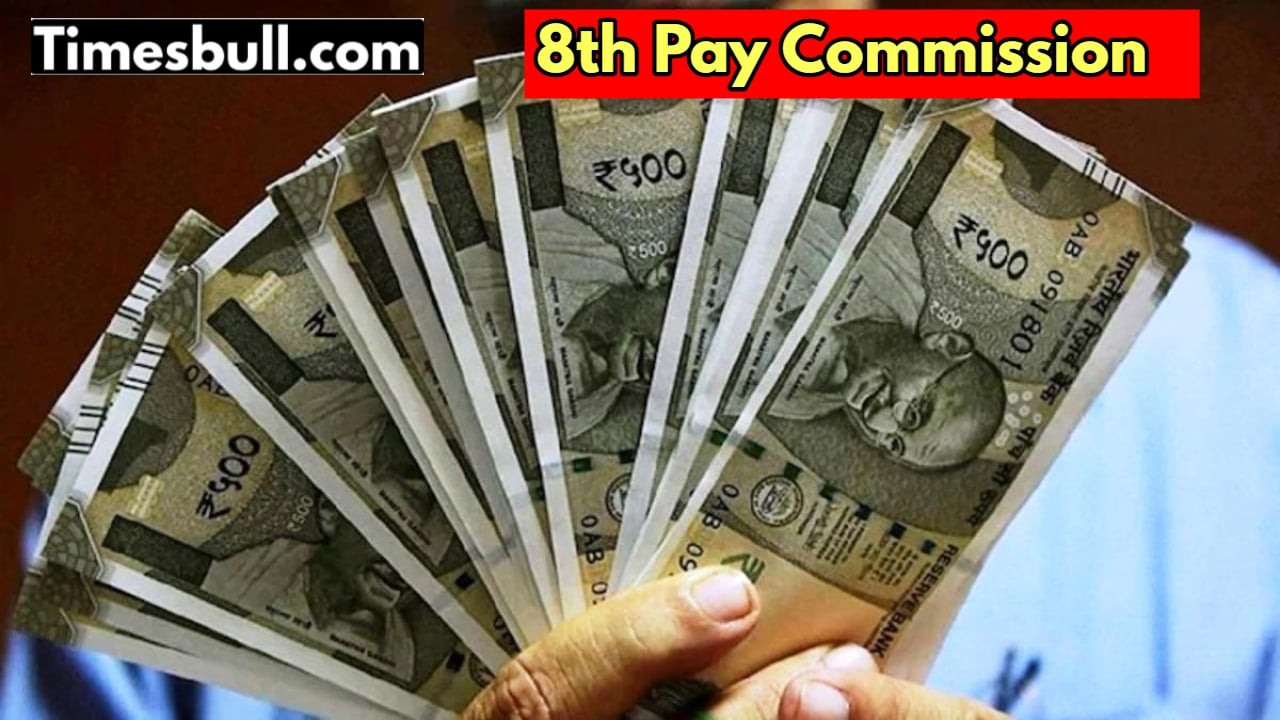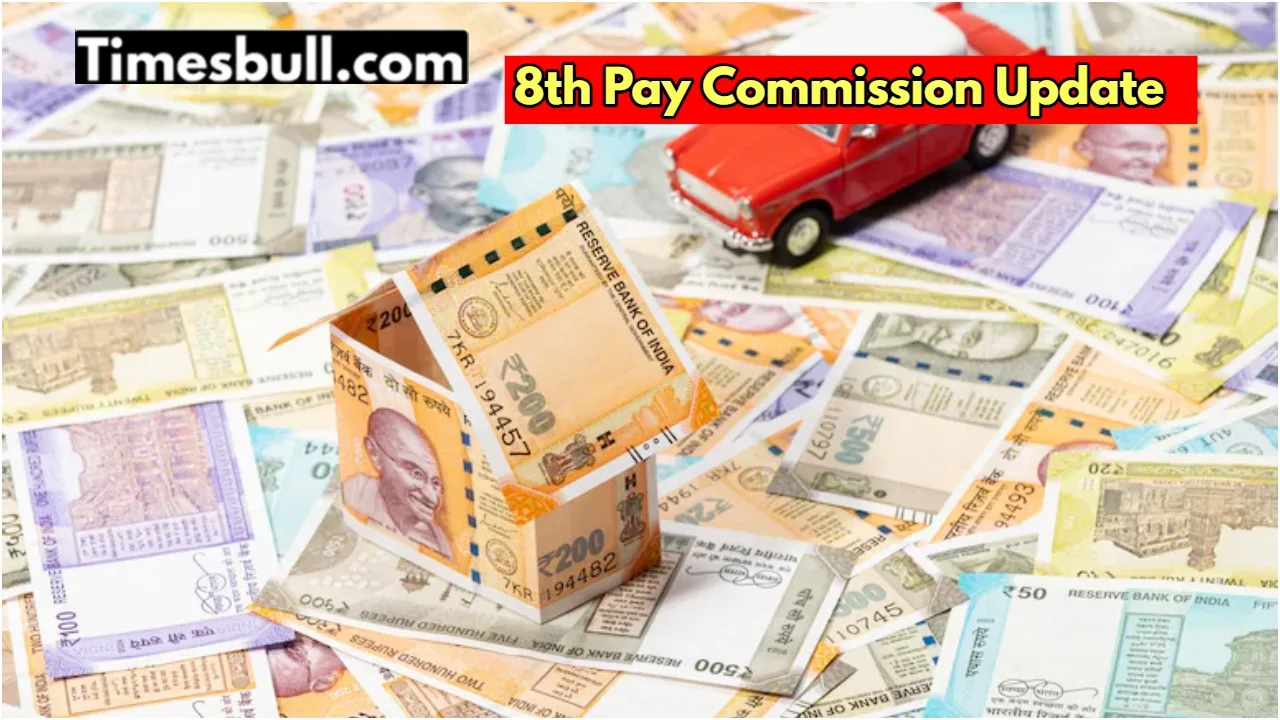An ‘important’ update has come regarding the 8th Pay Commission, which has been a topic of discussion among Central Government employees and pensioners for a long time. Earlier it was expected that the 8th Pay Commission could be implemented from January 1, 2026, but now according to media reports, there is a possibility of a ‘delay’ in it.
In such a situation, a big question is arising if the recommendations of the 8th Pay Commission are implemented late, will the employees retiring after January 1, 2026, get its benefit? This is a worrying question for crores of families.
Current Status of the 8th Pay Commission
In January 2025, the Central Government officially announced the 8th Central Pay Commission, which aims to review the salaries, allowances, and pensions of more than 50 lakh government employees and 65 lakh pensioners. However, the terms of reference of the chairman, members, and tenure of the commission have not yet been decided.
The Pay Commission is usually constituted every 10 years. Earlier, the 7th Pay Commission was implemented on January 1, 2016. Its term is ending on December 31, 2025. Since its chairman, members and working days have not been finalized yet, there are apprehensions that its implementation may be delayed till late 2026 or early 2027. This is a big administrative challenge.

Why is it getting delayed
There has been no official statement from the Ministry of Finance or the Department of Appendix till now. However according to sources, ‘financial pressures, ‘budget’ limitations, and alternative salary adjustment models like the ‘Aykroyd Formula’ and ‘inflation-based pay hikes could be the reason for this delay. The government is perhaps looking for a long-term and more sustainable solution.
Will those retiring after 1 January 2026 get the benefits
If the Commission’s recommendations are implemented retrospectively, as has been the case earlier, employees retiring after January 1, 2026, can get the benefit of revised pension and salary arrears. For example, when the 7th Pay Commission was implemented in 2016, many employees still received arrears for previous months. This is an important aspect in the interest of employees.

How much salary hike is expected
Although the official figures are yet to be released, experts and employee unions estimate that the minimum basic salary may increase from ₹18,000 to ₹26,000. This represents a ‘tremendous’ hike of about 40-44 percent.
According to several reports, the most important multiplier for pay revision, the ‘fitment factor’, maybe 1.96 in the 8th Pay Commission, although it is not confirmed.
If the fitment rate is 1.92, then ‘Class 1’ government employees could get a pay hike of around ₹15,000 per month, which would be around a 40% increase in the ‘in-hand’ take-home salary under the 8th Pay Commission. This would bring about a ‘significant improvement’ in the ’employees’ standard of living.
